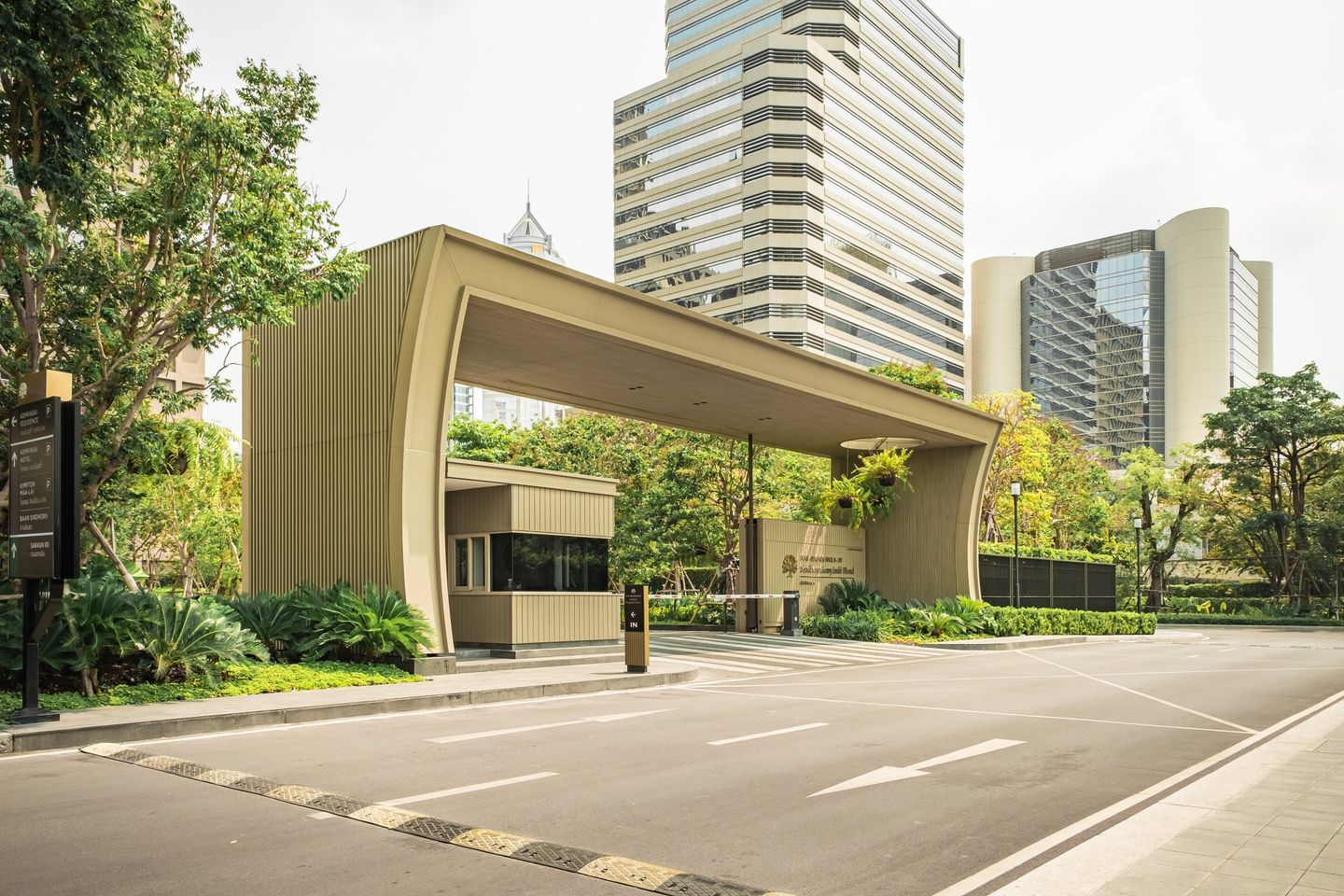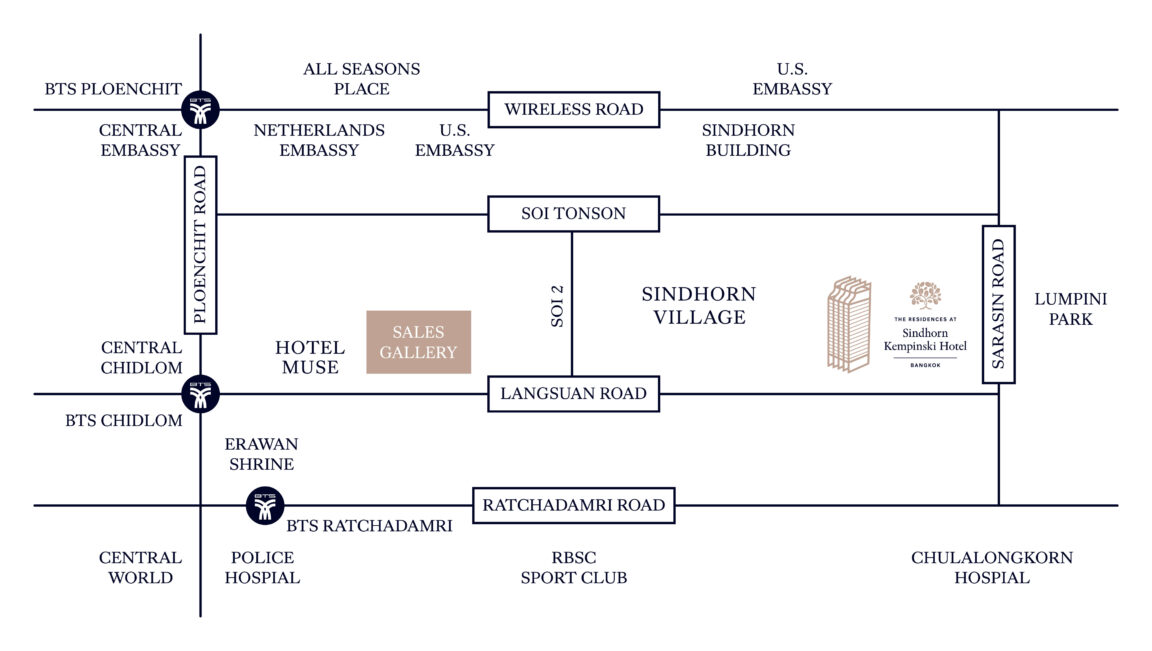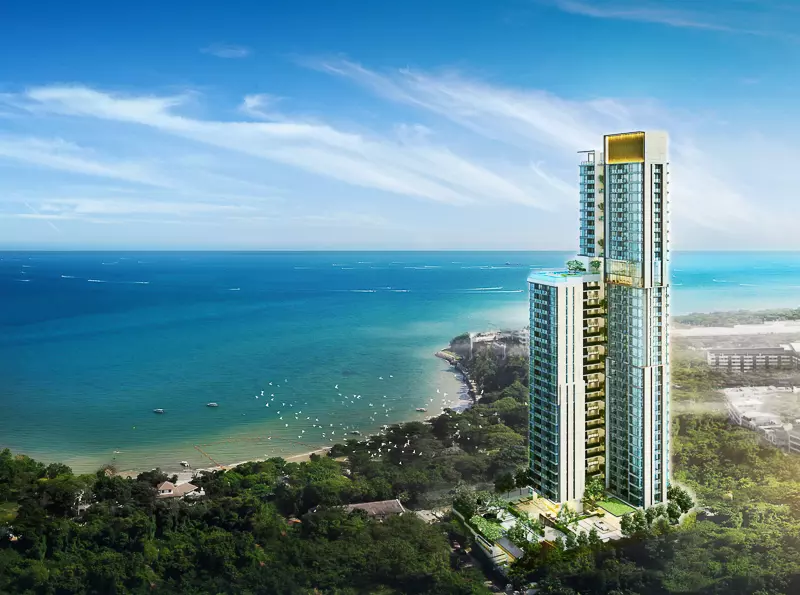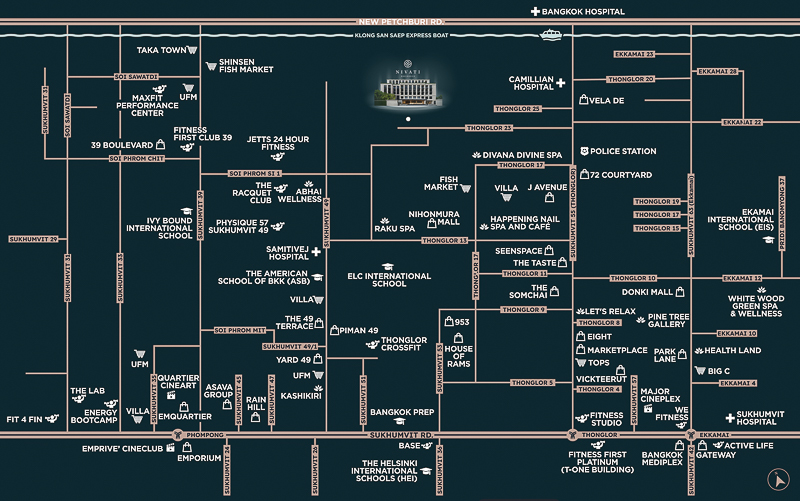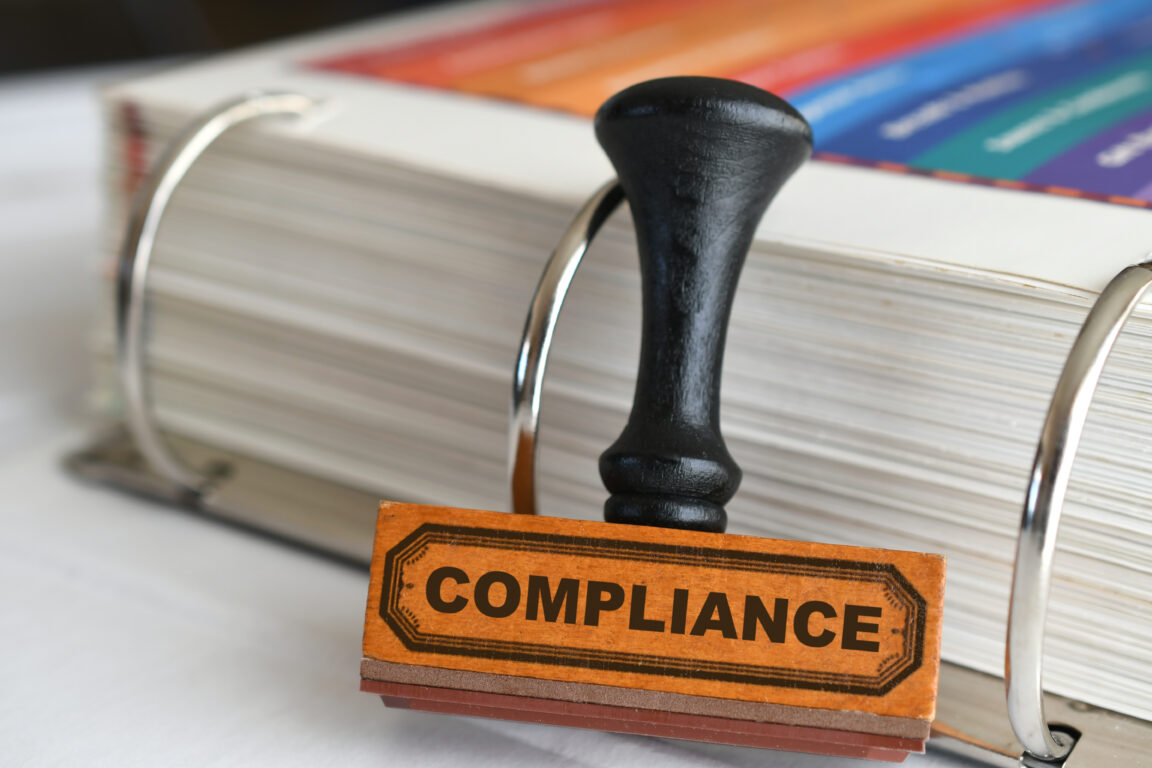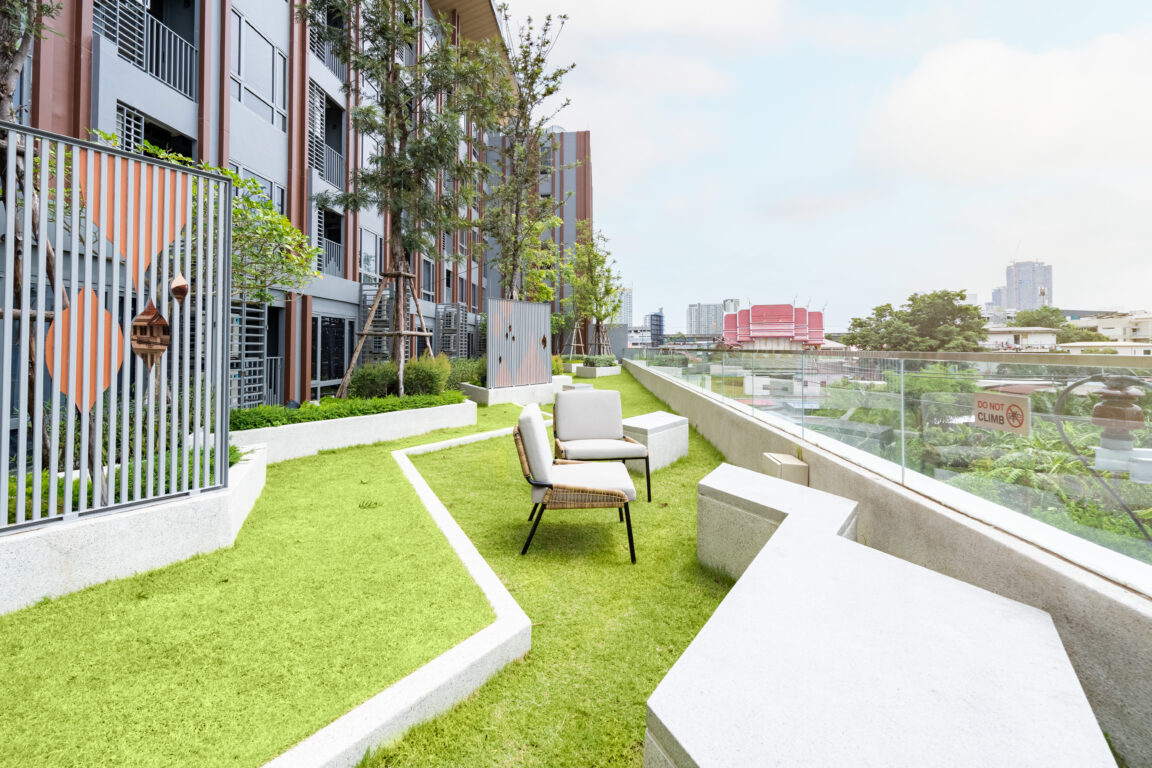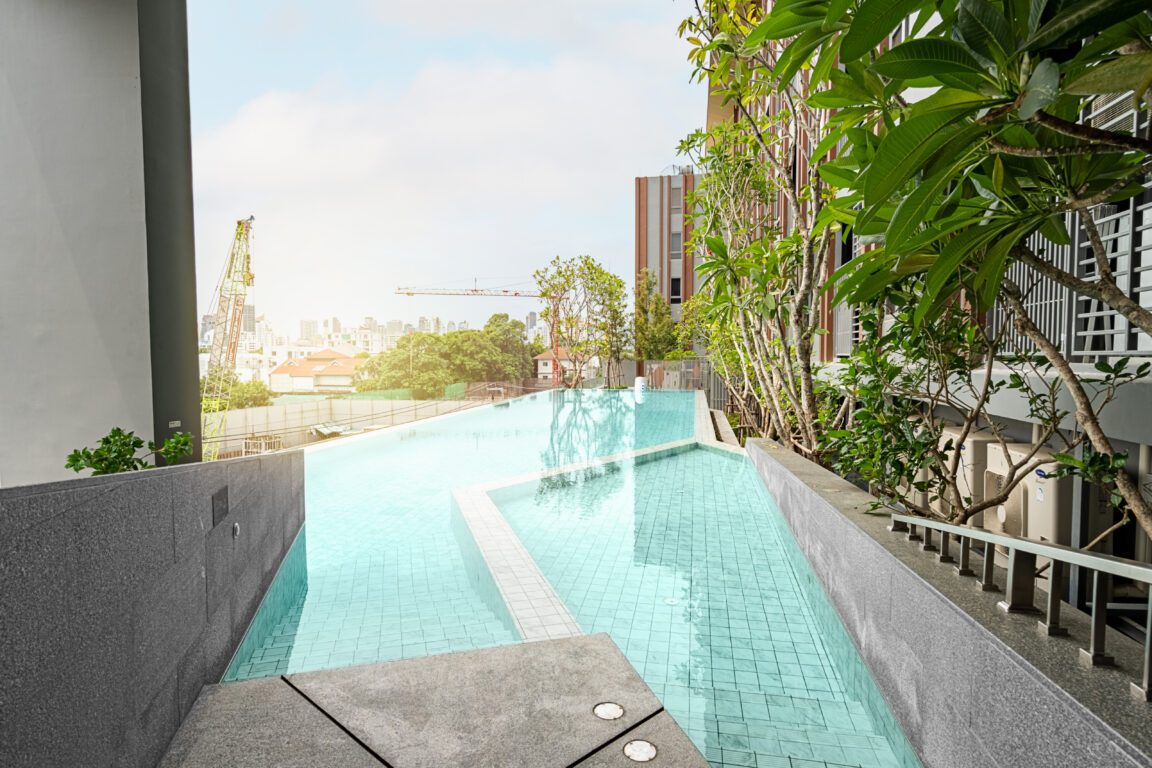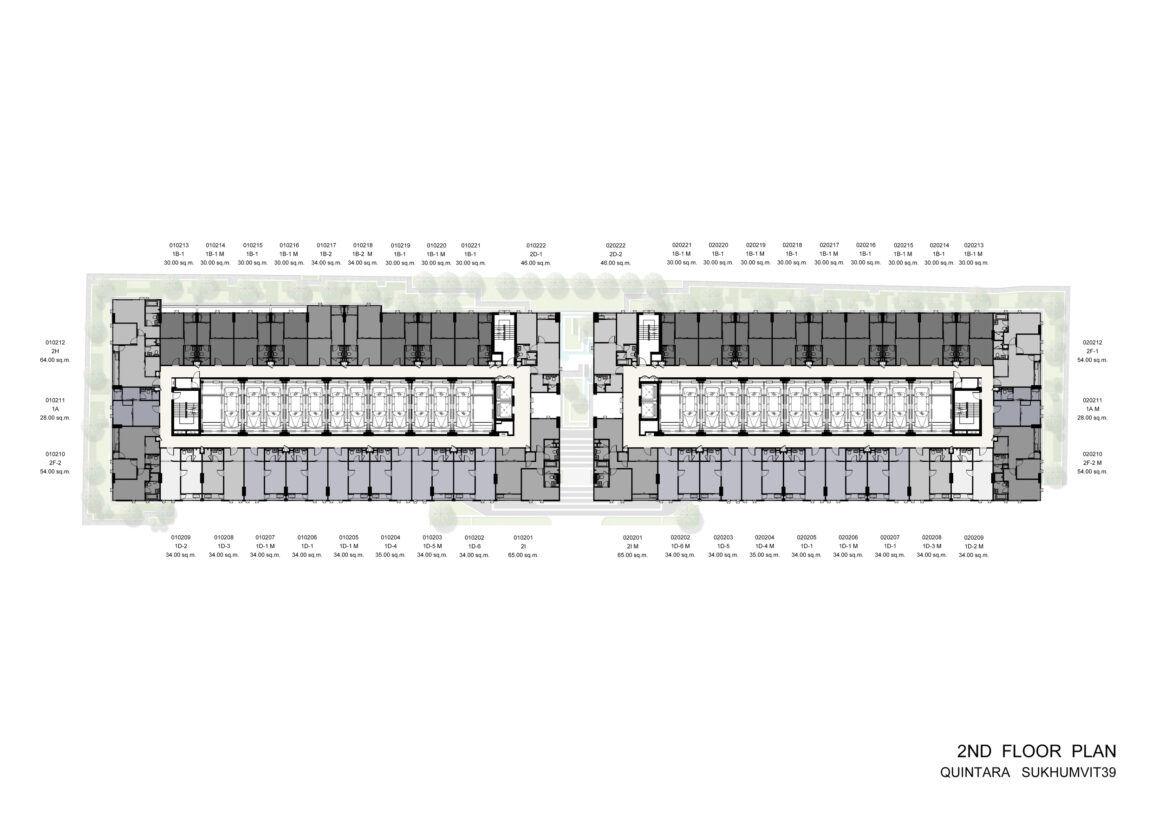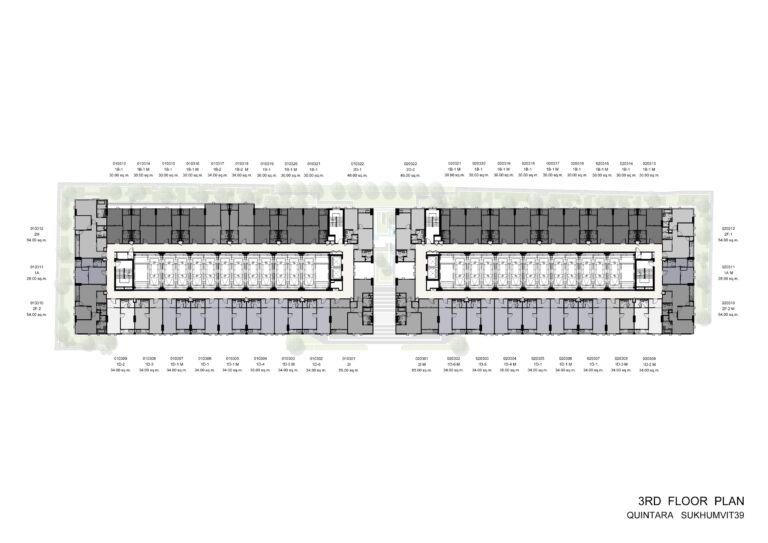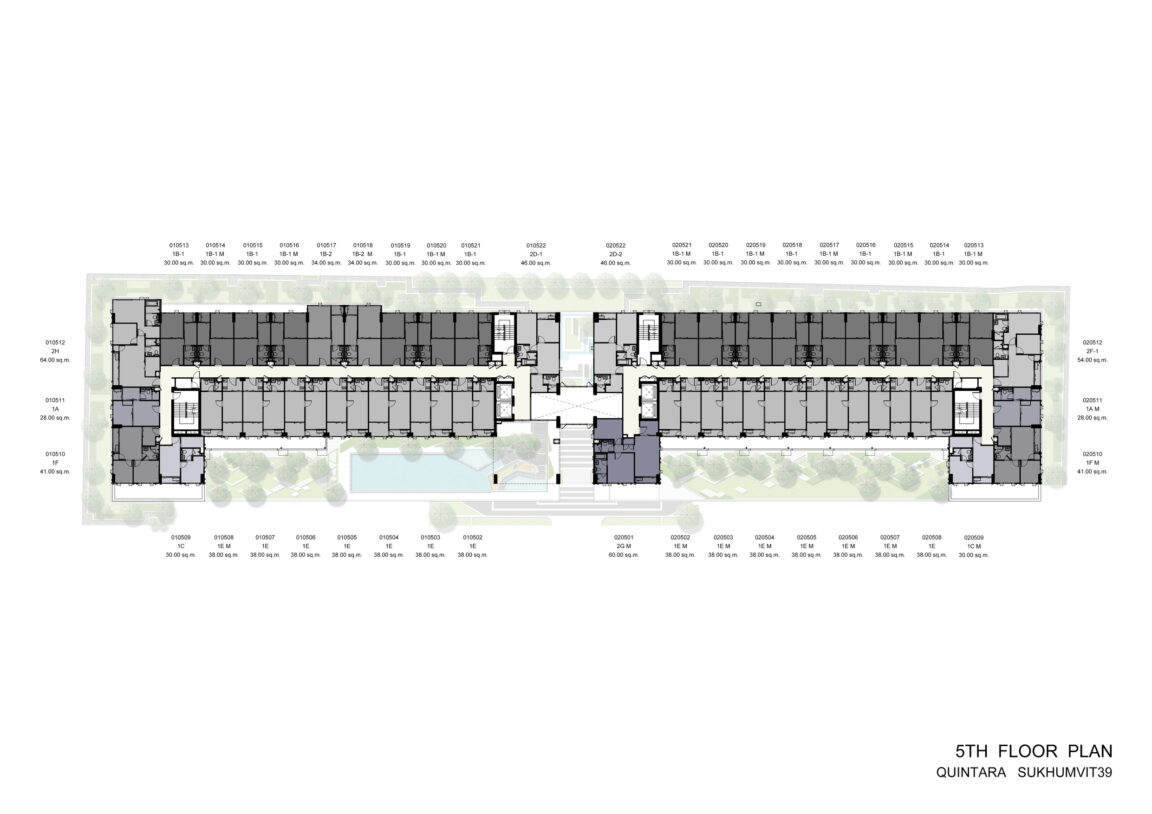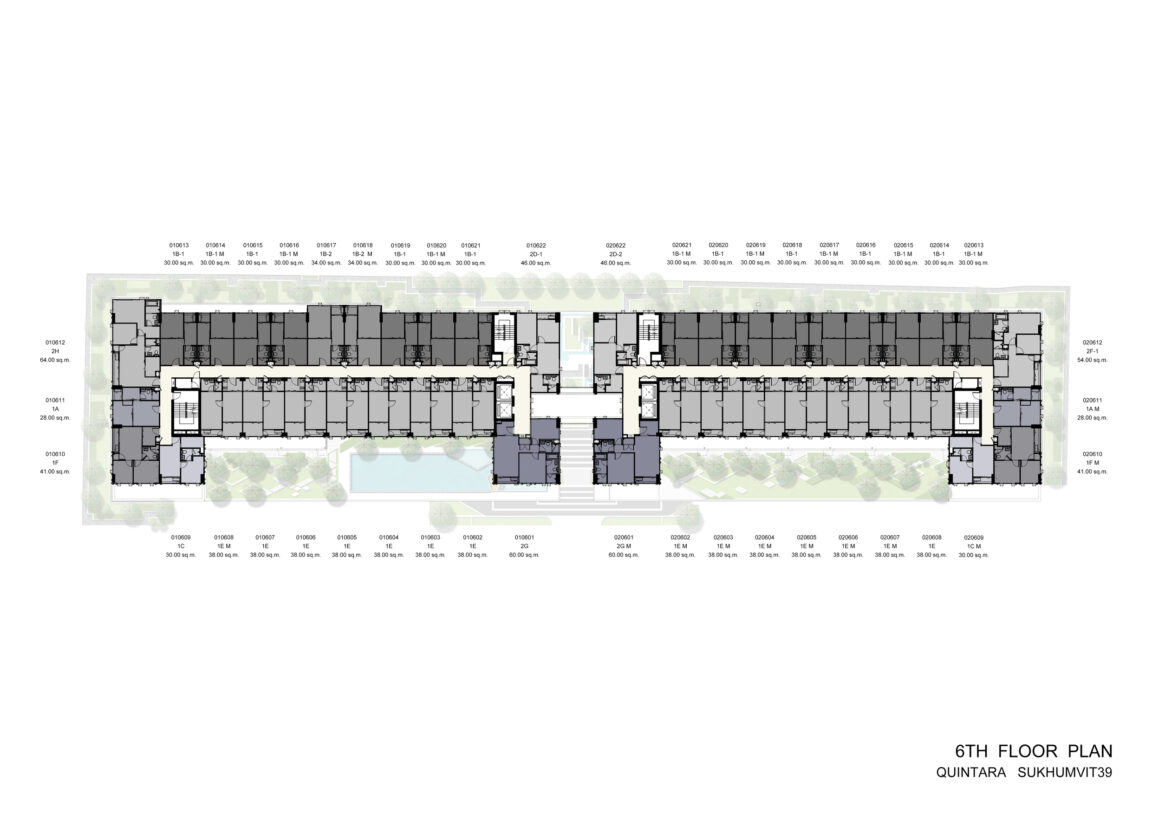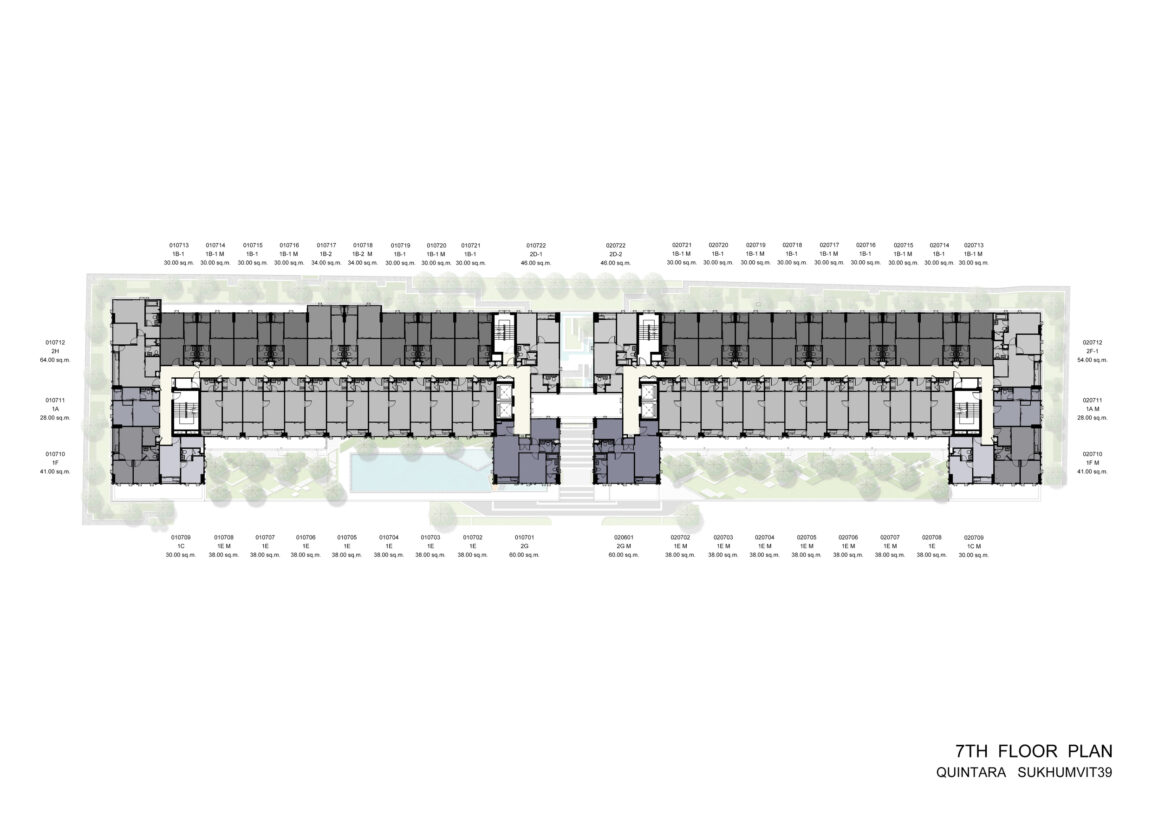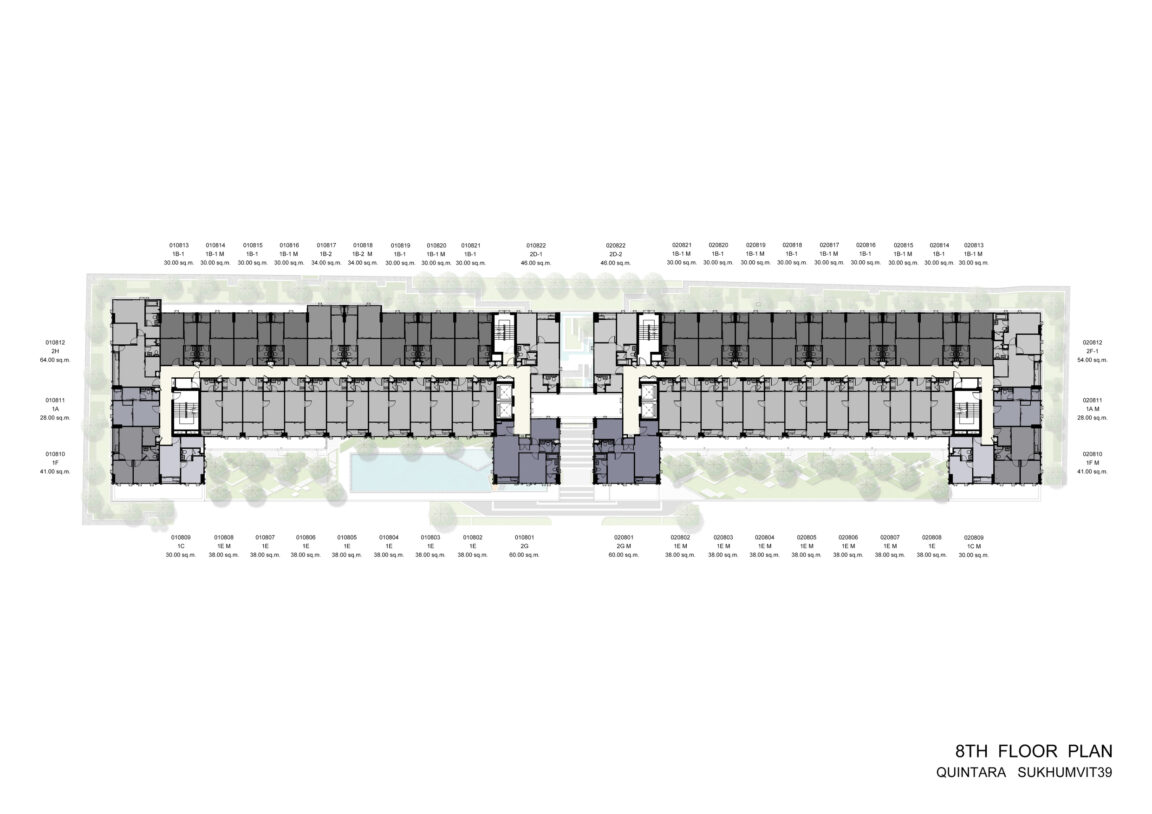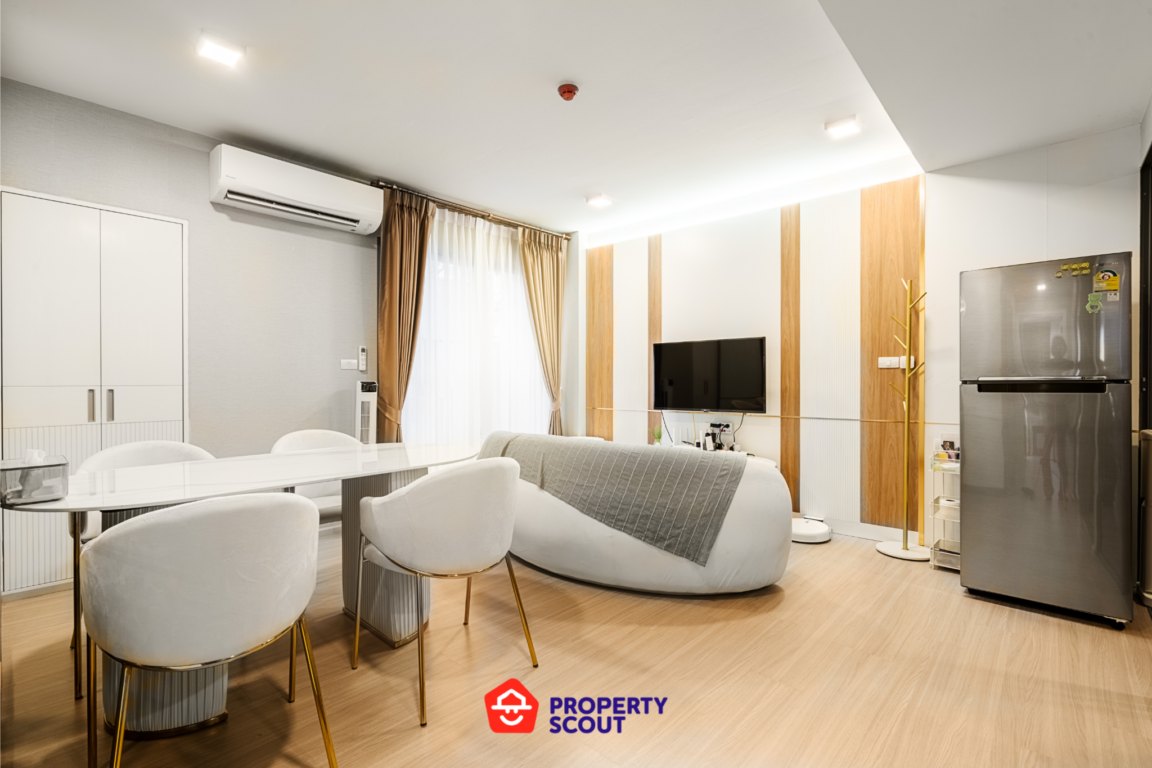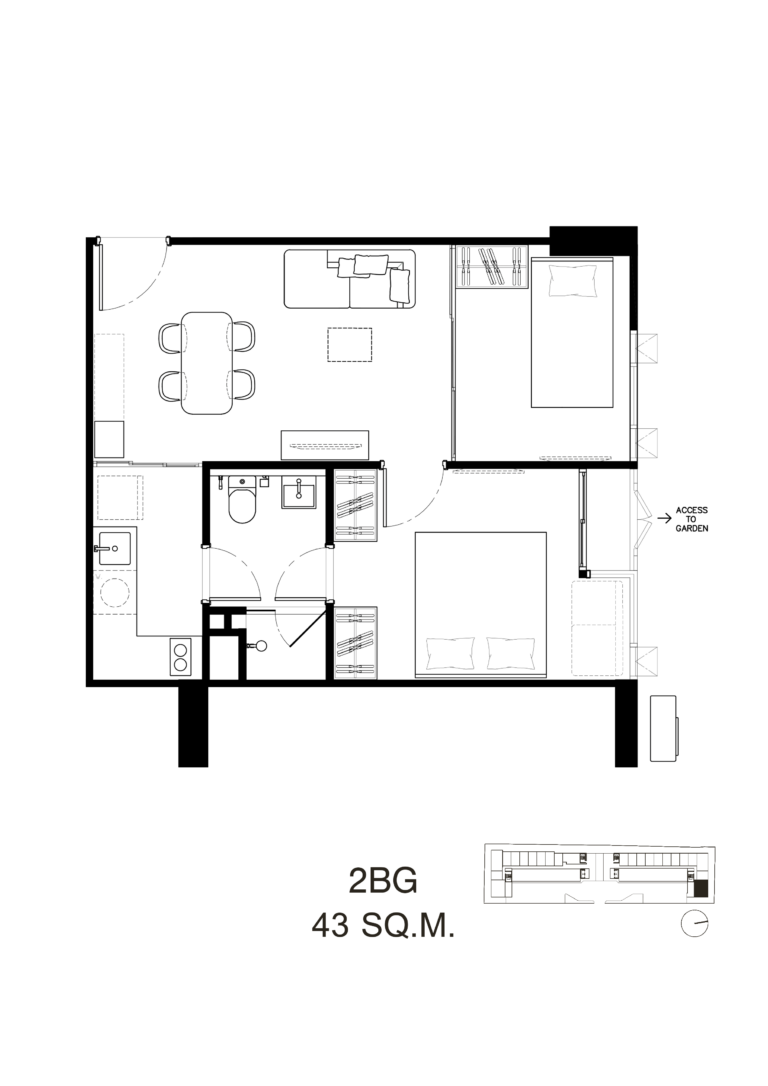In Short
Advice
Are you feeling the itch to jump into the world of real estate investment, eager to reap the rewards of property ownership? Hold your horses, aspiring investor! While the allure of real estate is undeniable, it's essential to pause and assess your readiness before taking the leap. Real estate investment requires careful consideration, financial preparedness, and a solid understanding of the market. In this blog post, we'll explore the telltale signs that indicate you might not be ready to embark on your real estate journey. By identifying these signs and addressing them head-on, you can guarantee a more seamless and prosperous transition into the realm of real estate investment. So, take a moment to catch your breath, because we're about to uncover the signs that suggest it's not yet time to invest in real estate.
Lack of financial preparation
In the realm of real estate investment, financial preparedness is the cornerstone of success. Before diving headfirst into property ownership, it's crucial to ensure you're on solid financial footing. Lack of financial preparation can quickly derail your investment dreams, leaving you vulnerable to potential pitfalls. In this section, we'll delve into the various aspects of financial readiness that aspiring investors should consider. From insufficient savings and overwhelming debts to limited income sources and unexpected expenses, we'll explore the signs that indicate you may not be quite prepared to take that leap into real estate investment.
Insufficient Savings and Overwhelming Debts

When it comes to real estate investment, having a solid financial foundation is paramount. Unfortunately, one of the most common signs of unreadiness to invest in real estate is insufficient savings. Many aspiring investors find themselves lacking the necessary funds to make a substantial down payment on a property, resulting in limited options and missed opportunities. Insufficient savings can hinder your ability to secure favorable financing terms, potentially leading to higher interest rates or loan requirements that strain your financial resources.
One of the primary reasons for insufficient savings is often overwhelming debts. If a significant portion of your income is tied up in debt repayments, it becomes challenging to allocate funds towards saving for a real estate investment. High levels of personal debt, such as credit card debt, student loans, or auto loans, can drain your financial resources and leave little room for savings. This not only limits your ability to accumulate a substantial down payment but also raises concerns for lenders, who may view your debt-to-income ratio unfavorably, impacting your eligibility for a mortgage loan.
Lack of Income Sources
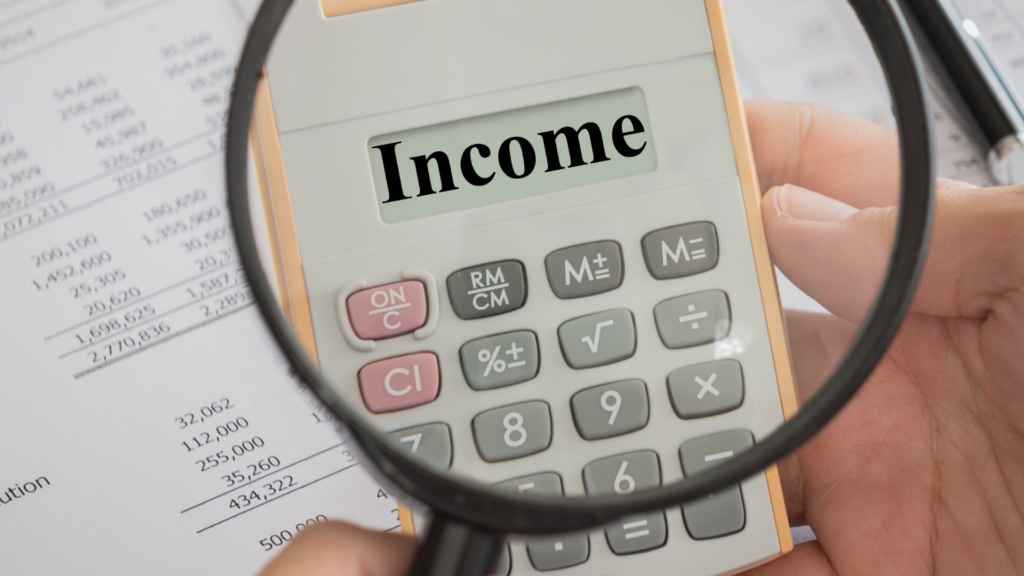
A crucial aspect of real estate investment readiness is having stable and sufficient income sources to support your investment endeavors. If you find yourself without reliable streams of income, whether due to unemployment, inconsistent freelance work, or limited earning potential, it can significantly hinder your ability to invest in real estate. Without a steady cash flow, it becomes challenging to meet financial obligations, such as mortgage payments, property maintenance costs, or unexpected expenses that may arise with property ownership. Lack of income sources not only impacts your immediate ability to finance a real estate investment but also raises concerns about your long-term financial stability. It is essential to assess your income sources and explore ways to bolster them before venturing into real estate investment, ensuring that you have a solid financial foundation to support your investment journey.
Inability to handle unexpected expenses
Real estate investment comes with its fair share of unexpected expenses, ranging from emergency repairs to unforeseen vacancies. If you find yourself ill-prepared to handle these financial surprises, it may be a sign that you're not quite ready to invest in real estate. These unexpected expenses can strain your budget and put a dent in your cash reserves if you lack the financial cushion to absorb them. Property repairs, maintenance costs, legal fees, and tenant-related issues can arise at any time, requiring immediate attention and financial resources. If you are unable to handle these unexpected expenses without jeopardizing your financial stability or resorting to additional debt, it's crucial to reassess your readiness to invest in real estate. Developing a contingency plan and building an adequate emergency fund can provide the financial resilience needed to navigate the ups and downs of property ownership successfully.
Limited Knowledge and Research
Having a solid foundation of knowledge and conducting thorough research is vital for real estate investment success. If you find yourself lacking in these areas, it may indicate unreadiness to invest in real estate. Firstly, a lack of understanding about real estate markets and trends can lead to uninformed investment decisions, making it challenging to identify potential opportunities or assess risks accurately. Additionally, inadequate knowledge of financing options and terms can hinder your ability to secure favorable loans or navigate the complexities of mortgage financing.
Insufficient familiarity with local laws, regulations, and taxes can result in compliance issues, unexpected costs, or legal complications. Finally, failing to conduct thorough market analysis and property evaluations can lead to poor investment choices, overlooking crucial factors such as property value, rental demand, and potential growth. Developing a comprehensive understanding of the real estate landscape, financing options, local regulations, and market dynamics is essential before venturing into real estate investment, ensuring informed decision-making and setting the stage for a successful investment journey.
Lack of Time

Real estate investment requires not only financial resources but also a significant investment of time and commitment. If you find yourself unable to dedicate the necessary time and effort to property management, it may indicate a lack of readiness to invest in real estate. Property management involves various responsibilities, including tenant screening, rent collection, property maintenance, and handling tenant inquiries or issues. Failure to allocate sufficient time for these tasks can lead to inefficiencies, tenant dissatisfaction, and potential financial losses. Additionally, an insufficient understanding of property management best practices can further exacerbate these challenges.
Lack of Commitment
Furthermore, real estate investment is a long-term commitment, requiring patience and perseverance to achieve investment goals. If you find yourself lacking the willingness to commit to the long-term nature of real estate investment and the inevitable challenges that may arise, it may be an indication that you need to reassess your readiness to invest. Taking the time to evaluate your availability, willingness to learn about property management, and commitment to long-term investment goals is essential in determining your preparedness for real estate investment.
Emotional and Psychological Factors

Real estate investment is not solely driven by financial considerations; it also involves emotional and psychological factors that can impact an investor's readiness. If you find yourself struggling with emotional instability, fear of financial risks, inability to handle potential losses, or impatience for quick returns, it may suggest that you're not yet prepared to invest in real estate. Investing in properties requires a level-headed approach, the ability to withstand market fluctuations, and a long-term perspective. Fear and anxiety can cloud judgment and lead to hasty decisions or reluctance to take calculated risks.
Moreover, real estate is not a get-rich-quick scheme, and expecting instant returns without considering the long-term gains may lead to disappointment. It is crucial to assess your emotional and psychological readiness, develop a resilient mindset, and ensure you have the emotional stability to handle the challenges and uncertainties that come with real estate investment.
Lack of Clear or Solid Investment Plans
One of the key indicators of unreadiness to invest in real estate is the absence of a clear and solid investment plan. Without a well-defined roadmap, you may find yourself navigating the real estate market aimlessly and making impulsive decisions. A lack of clear investment objectives and strategies can lead to confusion, inconsistency, and potential financial setbacks. It is essential to identify your investment goals, whether it's long-term wealth accumulation, passive income generation, or portfolio diversification.
Additionally, failing to identify and assess potential risks and rewards can leave you vulnerable to unforeseen challenges. A solid investment plan should include thorough market research, property analysis, risk management strategies, and a well-defined exit strategy. By developing a clear and solid investment plan, you can establish a framework for decision-making, minimize uncertainties, and increase the likelihood of achieving your real estate investment goals.
Take your time, Slowly Save up, and Begin your Investment!
As you ride along the journey of real estate investment, it's crucial to recognize the signs that indicate you may not be quite ready to take the leap. Lack of financial preparation, limited knowledge, inadequate time commitment, emotional instability, and the absence of a solid investment plan are all red flags that require attention and action. However, don't be discouraged! By identifying these signs and proactively addressing them, you can set yourself up for future success. Take the time to strengthen your financial position, expand your knowledge, allocate sufficient time for property management, foster emotional resilience, and develop a clear investment plan. Remember, patience, education, and preparation are the keys to unlocking the potential of real estate investment. So, hold your horses for now, but with determination and dedication, you'll soon be prepared to embark on a fulfilling and prosperous real estate investment journey. Get ready to make your dreams of real estate ownership a reality!
Looking for a nice, profitable home or condo for investment? Let PropertyScout help make your real estate investment dreams a reality today!
FAQs
Lorem ipsum dolor sit amet, consectetur adipiscing elit. Suspendisse varius enim in eros elementum tristique.
Explore More Topics
Free real estate resources and tips on how to capitalise










